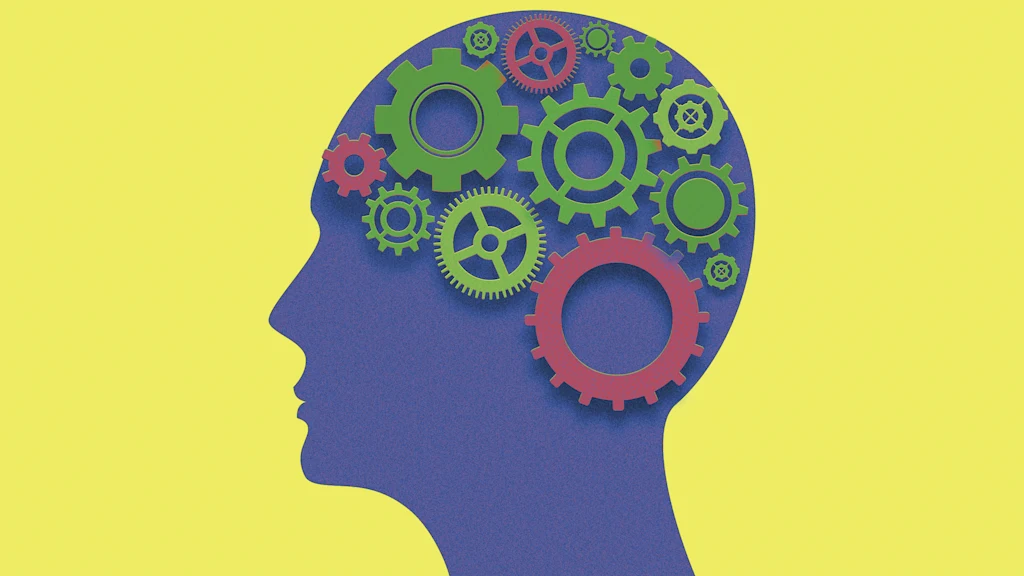
"Most of us have strong opinions about what those words mean, but scratch the surface and it becomes clear that "smart" and "dumb" are slippery, subjective constructs. What seems smart to one person may strike another as naive, arrogant, or shortsighted. Worse still, our own perception of what's smart can shift over time. Yesterday's clever decision can look like today's regrettable blunder."
"For a famous path reversal (from allegedly dumb to obviously smart), consider Forrest Gump, whose simple, seemingly naive choices (e.g., running across America or investing in "some fruit company") looked foolish to everyone around him. Yet his lack of overthinking and unpretentious sincerity led him to happiness, wealth, and a kind of quiet genius that outsmarted all the so-called smart people."
Smartness and dumbness are subjective, context-dependent labels that change with outcomes and time. Perceptions of intelligence shift as consequences unfold, turning previously praised decisions into regrets and apparently foolish acts into wisdom. Grand, meticulously planned strategies can fail if they rest on fragile illusions, while simple, sincere choices can yield unexpected success. Luck and learning both shape reputations for cleverness. Observers tend to withhold definitive judgments until sufficient evidence accumulates. Overall intelligence is better judged by consistent patterns of decision-making and outcomes than by isolated actions or moments of brilliance or foolishness.
Read at Fast Company
Unable to calculate read time
Collection
[
|
...
]